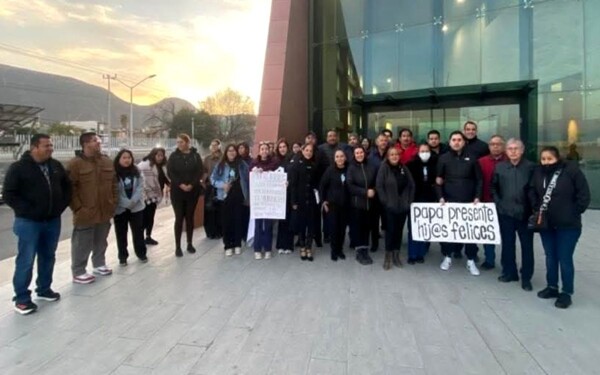Mexico has regained its international competitiveness in clinical research following the reduction in approval times by COFEPRIS, which will allow for a tripling of investment in studies and benefit a greater number of patients and researchers. In the therapeutic area, Bayer México has secured agreements with the public sector to guarantee access to high-impact social medicines. The company's therapeutic priorities focus on areas of high prevalence and economic burden—such as cardiovascular, oncological, neurological, and rare diseases—with the aim of transforming the quality and life expectancy of Mexican patients through timely access to cutting-edge treatments. Daniel Londero, General Director of Bayer México's Pharmaceutical Division, outlined the axes of an expansion strategy that seeks to consolidate the country as one of the company's ten priority markets globally, in a scenario where Mexico contributes approximately 30% of Bayer's regional income in Latin America. However, he noted that it is still necessary to advance in the digitalization of clinical records and informed consent, in order to reduce the administrative burden and facilitate patient access to innovative treatments. Facing the aging population and the increase in non-communicable diseases, Londero emphasized the importance of strengthening public-private collaboration as a way to ensure a more equitable universal coverage. This site, one of four worldwide to manufacture active pharmaceutical ingredients (APIs) for Bayer, exports to Europe and America, directly contributing to the empowerment of reproductive health in Mexico and the economic diversification of the region. Londero stressed that the bet on Mexico is also reflected in the investment in advanced therapies, such as gene and cell therapies, with Phase III studies for neurodegenerative diseases like Parkinson's. This number, he anticipated, could double or triple in the coming years. In the productive sphere, Bayer consolidates its position as a key player in the global supply chain with its plant in Veracruz, dedicated to the production of active ingredients for hormonal contraceptives. These innovations, based on living cells and genetically modified viruses, pose regulatory and logistical challenges that Bayer seeks to face in collaboration with Mexican authorities to ensure their availability and accessibility in the national health system. Digitalization and the use of artificial intelligence represent another pillar of Bayer's strategy. The company uses computational biology algorithms to accelerate the processes of discovery and clinical analysis, in addition to implementing tools such as the COFEPRIS DIGIPRIS platform, which speeds up the approval of research protocols. Among them, finerenone for the treatment of chronic kidney disease derived from diabetes; darolutamide for prostate cancer; and prolonged therapies for hemophilia that reduce the frequency of administration, notably improving the quality of life for patients.
Bayer to Invest Over 3 Billion Pesos in Mexico's Health
Bayer México has announced an expansion strategy, investing over 3 billion pesos in the next five years. The goal is to strengthen Mexico as one of the company's ten key markets worldwide, accelerating clinical research and ensuring access to innovative medicines for patients with cardiovascular, oncological, and other diseases.














